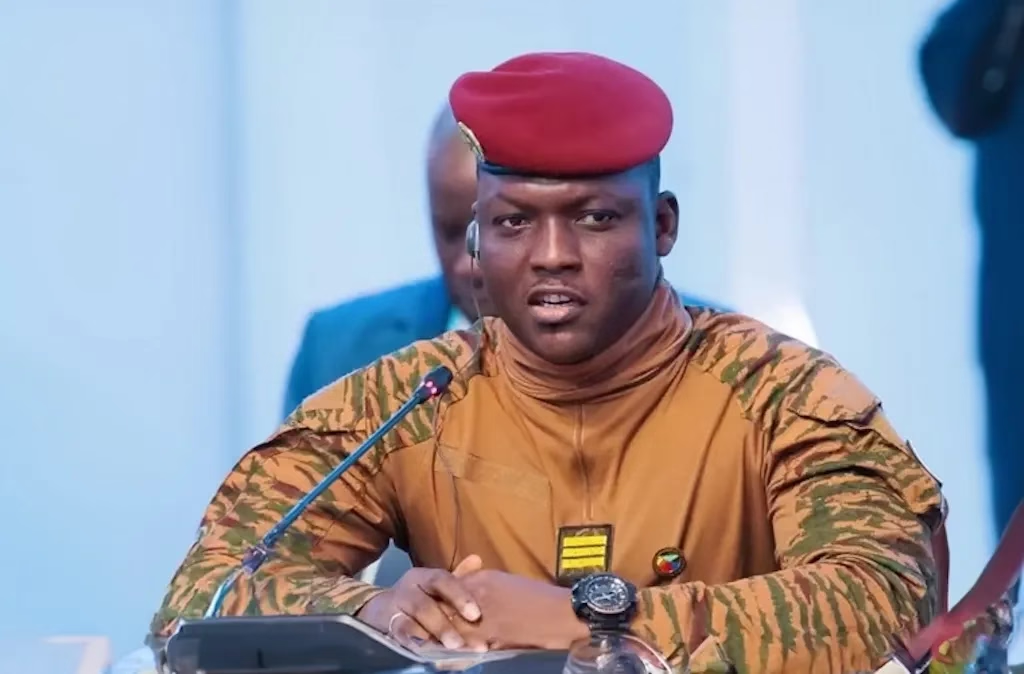
In a significant move reflecting escalating tensions with Western nations, Burkina Faso’s military-led government under President Ibrahim Traoré has suspended several prominent US and French media outlets. The suspensions, announced by the country’s media regulator, the Superior Council for Communication (CSC), target broadcasters such as the BBC and Voice of America (VOA), citing concerns over national security and the dissemination of misinformation.
The CSC accused these outlets of publishing reports that undermine the Burkinabé army’s efforts in combating insurgent groups, alleging that such coverage could destabilize public order. The suspensions are part of a broader pattern of media restrictions implemented since Traoré seized power in a 2022 coup, with previous actions including the expulsion of French journalists and the suspension of other international media organizations.
These measures have drawn criticism from international press freedom advocates, who argue that the government’s actions suppress independent journalism and limit the public’s access to unbiased information. Reporters Without Borders has condemned the suspensions as “grave and abusive,” emphasizing the importance of a free press in upholding democratic principles.
President Traoré’s administration maintains that these steps are necessary to protect national sovereignty and prevent the spread of false narratives that could hinder the country’s fight against extremist groups. The government asserts that certain foreign media outlets have engaged in disinformation campaigns aimed at discrediting the military and destabilizing the nation.
The international community continues to monitor the situation closely, with concerns mounting over the implications for press freedom and the broader human rights landscape in Burkina Faso. As the country navigates its complex security challenges, the balance between national security interests and the preservation of fundamental freedoms remains a critical issue.